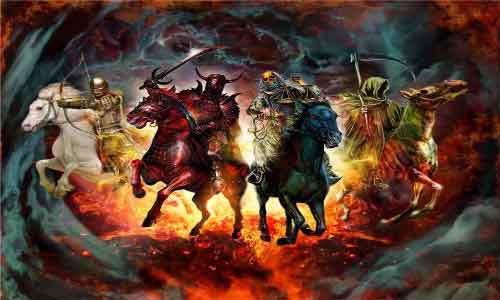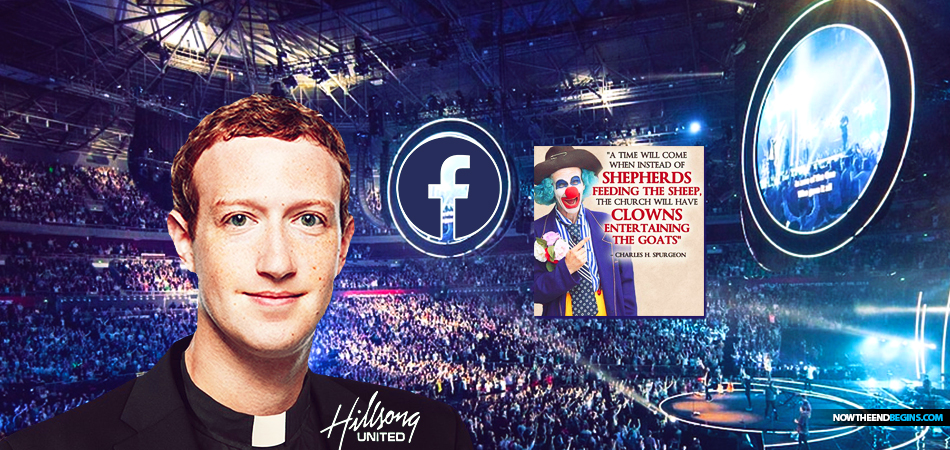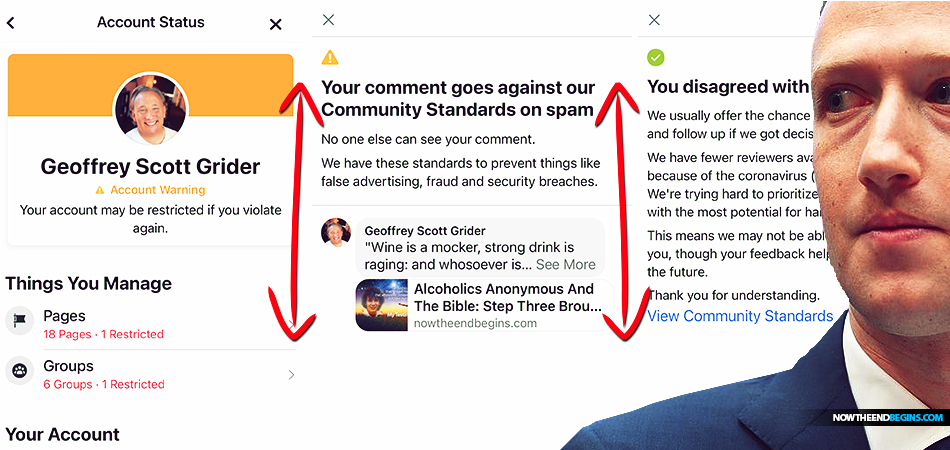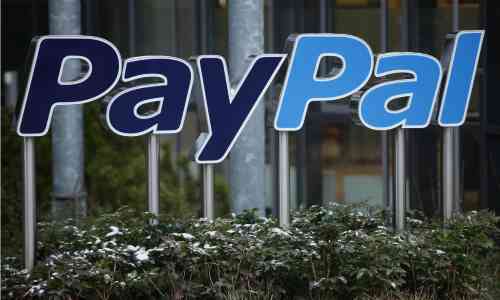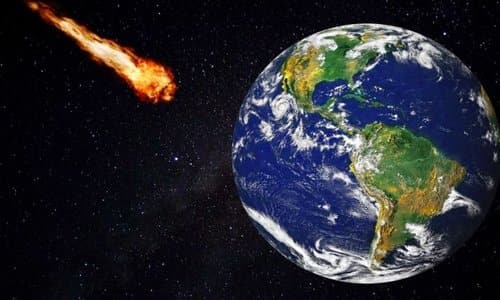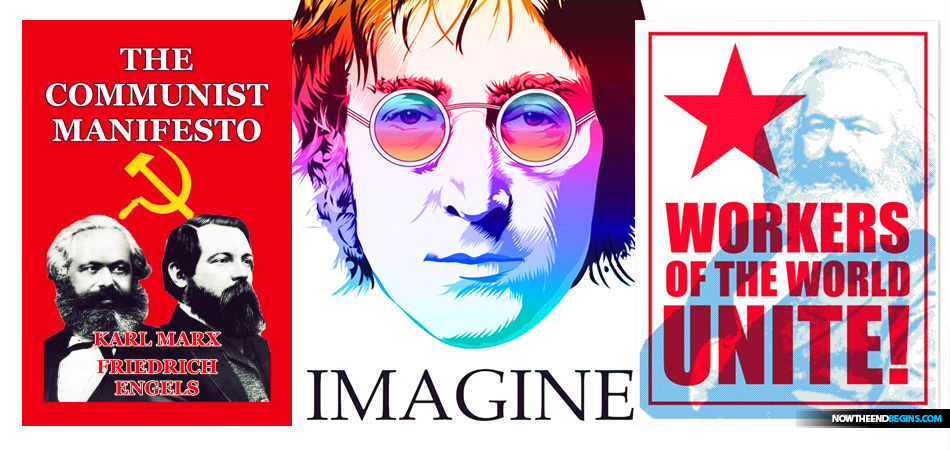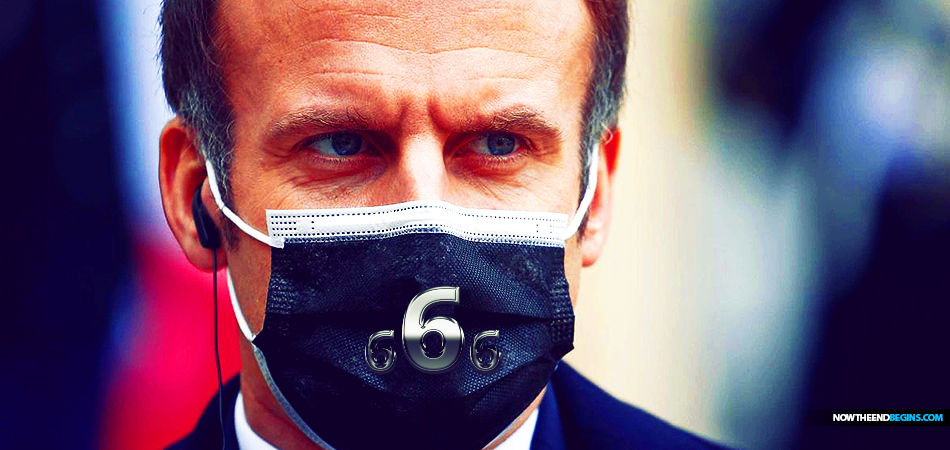
In one of the most vaccine-hesitant countries in the world, French President Emmanuel Macron is imposing sweeping vaccination requirements, making the anti-coronavirus shots virtually unavoidable for anyone wanting to live a normal social life.
Ever eager to burnish his cred as the biblical 'man of sin', French president Emmanuel Macron made the stunning move a few weeks ago in telling his subjects that if they didn't take the COVID vaccine, their ability to live their lives would go from difficult to impossible in the blink of an eye. The world literally held its breath watching to see how this incredibly risky move would play out. Macron rolled the dice and came up with all 7's, or more accurately all 6's, as nearly 4 million French rushed out to get vaxxed almost immediately. Now the rest of the world is following Macron's lead, straight into the pit of Hell.
"Let no man deceive you by any means: for that day shall not come, except there come a falling away first, and that man of sin be revealed, the son of perdition; Who opposeth and exalteth himself above all that is called God, or that is worshipped; so that he as God sitteth in the temple of God, shewing himself that he is God. Remember ye not, that, when I was yet with you, I told you these things?" 2 Thessalonians 2:3-5 (KJB)
Many people wrote to us after Macron first did this, predicting his downfall for such a stern measure, and telling me that this would 'prove beyond doubt' that we are wrong in calling Emmanuel Macron the biblical 'man of sin'. Hate to burst your bubble, but his crazy end times move has Europe, United States and Big Tech following after him. His position at 'top of the charts' of who might be the end times Antichrist is not only safe, it's a virtual lockdown for him. Pun very much intended.
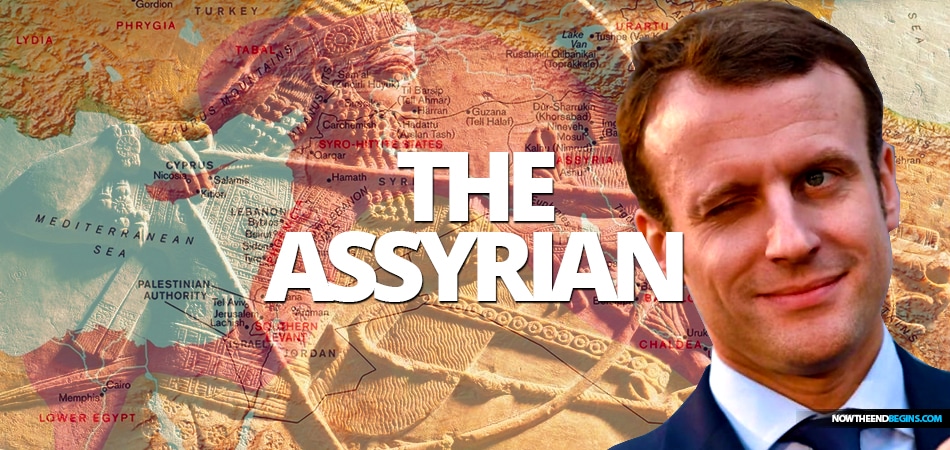 YOUR HEAD WILL SPIN AFTER YOU REALIZE THAT EMMANUEL MACRON HAS BOTH JEWISH ANCESTRY AND INEXPLICABLE TIES TO ROME AND THE ASSYRIAN EMPIRE
YOUR HEAD WILL SPIN AFTER YOU REALIZE THAT EMMANUEL MACRON HAS BOTH JEWISH ANCESTRY AND INEXPLICABLE TIES TO ROME AND THE ASSYRIAN EMPIRE
Macron’s Big Vaccination Gamble
FROM FOREIGN POLICY: Amid a dramatic surge in cases driven by the delta variant, last week the so-called health pass (proof of vaccination or a recent negative COVID-19 test) became mandatory in France to enter cultural and leisure venues such as movie theaters and museums. After approval by Parliament and pending a green light from the Constitutional Council, similar requirements are due to be extended in early August to restaurants, bars, and long-distance public transportation. To further encourage people to get vaccinated, starting in the fall, PCR tests for the coronavirus will no longer be free of charge unless prescribed by a doctor. COVID-19 vaccinations will also become mandatory for all health care staff.
It’s about “participating in this collective effort to confront the virus head-on,” said Patrick Vignal, a member of Parliament from Macron’s En Marche! party. “We will find a way out of this crisis only if we all make an effort to bring down the tensions.”
The measures, announced by Macron in mid-July, are among the boldest in Europe—and could backfire spectacularly. They’ve already stirred up a major backlash ahead of elections next year. Opposition parties denounced what they call an authoritarian move, saying the government is depriving citizens of their freedom of choice without a meaningful debate in Parliament and within civil society. A protest movement appears to be picking up pace, with tens of thousands of people taking to the streets across France over two consecutive weekends.
Google and Facebook on Wednesday became two of the first major Silicon Valley firms to say they will require employees to be vaccinated when they return to the company’s campuses. In an email to staff, Google CEO Sundar Pichai said the policy would roll out in the United States in the coming weeks, and in other regions in the following months as vaccines become more widely available. It’s not clear how plans to enforce the policy. source
Despite the stamping feet, though, France appears to be beating a path to vaccination clinics. The new measures are already credited with boosting the vaccination campaign, which in previous weeks had lost steam; over the seven days following Macron’s speech, a record 3.7 million people booked their shots on the country’s main medical online platform.
According to polls, around 60 percent of the French are in favor of the health pass—a remarkable level of support, given the nation’s history of rampant vaccine hesitancy. In a survey published in January, in the early days of the vaccination campaign, barely 40 percent of French respondents were willing to get vaccinated, compared to 69 percent in the United States. But months of vaccinations have created a “snowball effect,” said Lucie Guimier, an expert on vaccine skepticism at the French Institute of Geopolitics, with people growing less reluctant as the campaign progressed.
Even Far Left Liberal PBS News Hour Host Is Skeptical of Fauci's Latest Rule Change
Selling the health pass to the French public should also get easier as more countries start enforcing similar rules. On the same day as Macron, the Greek government introduced vaccine requirements for venues such as bars, movie theaters, and theaters until the end of August. Last week, Italy followed suit with comparable steps, and Britain said it was planning to make proof of vaccination mandatory for nightclub-goers.
With the April 2022 presidential poll approaching fast, the row is inevitably dovetailing with an electoral campaign that is already heating up. Macron is widely expected to seek reelection and needs to avoid any major missteps; his most fearsome opponent will likely be far-right leader Marine Le Pen, whose National Rally party is among the most vocal critics of the new vaccination requirements. Macron seems keen to reinforce the narrative of a president with the courage to make tough calls. That is in line with his idea of “a strong executive that worries about France’s interests and doesn’t deal with petty politics,” said Jean-Yves Camus, a political scientist at the Jean Jaurès Foundation, a progressive think tank.
That gambit may play well next year. Bonapartism, the enduring French fascination with strong political figures such as Napoleon Bonaparte or Charles de Gaulle, has been noted by many observers over the decades and permeates the current constitution itself—whose framework, a rarity in Western Europe, revolves around powerful, directly elected presidents who don’t draw their legitimacy from Parliament. READ MORE

